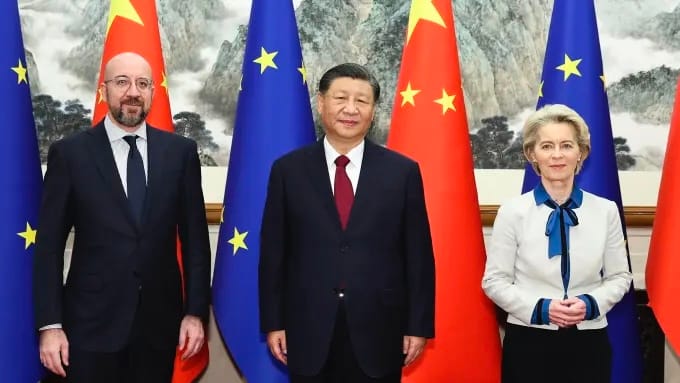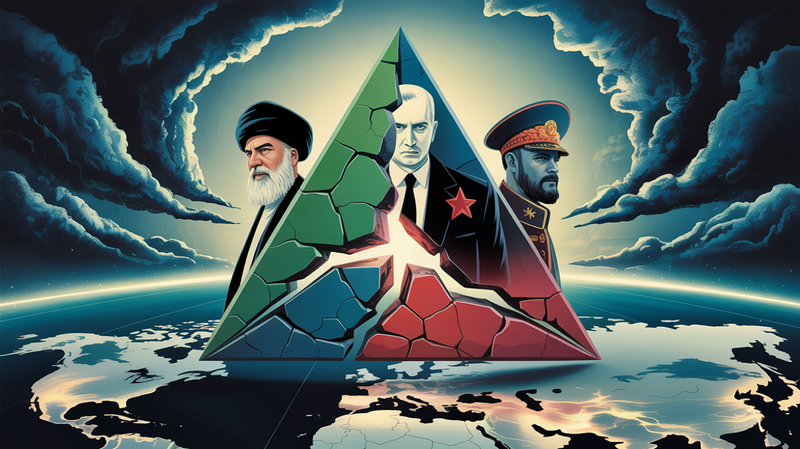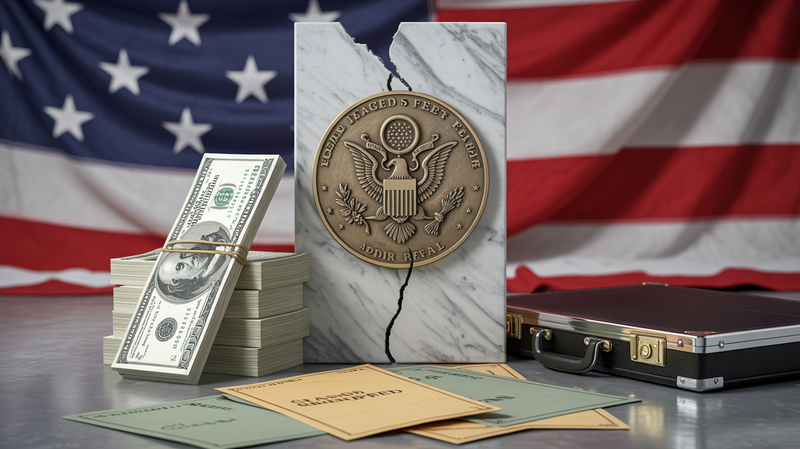EU-China Summit in Beijing: Navigating Trade Tensions and Geopolitical Challenges
European Union leaders recently visited Beijing for a crucial summit with Chinese President Xi Jinping, marking a pivotal moment in EU-China relations. This meeting, the first face-to-face EU-China summit in four years, comes at a time of significant economic and geopolitical challenges. The EU delegation, led by European Commission President

European Union leaders recently visited Beijing for a crucial summit with Chinese President Xi Jinping, marking a pivotal moment in EU-China relations. This meeting, the first face-to-face EU-China summit in four years, comes at a time of significant economic and geopolitical challenges.
The EU delegation, led by European Commission President Ursula von der Leyen and European Council President Charles Michel, brought a list of pressing economic issues to the table. Central to these concerns are the trade imbalances between the EU and China, with the EU attributing this disparity to China’s subsidies for domestic companies and restrictive market access. These issues are particularly critical as the EU begins to "de-risk" its supply chains and seek greater independence in critical technologies, reflecting growing apprehensions about Beijing’s global ambitions and economic practices.
China, facing its own economic hurdles, views the EU as a crucial partner in stabilizing its economy. President Xi Jinping emphasized the importance of the comprehensive strategic partnership with the EU, advocating for enhanced political trust and strategic consensus. This stance aligns with Chinese Foreign Minister Wang Yi's hopes of elevating China-EU relations to new heights.
Despite this optimism, significant challenges remain. There are deep divisions over issues like China's stance on Russia's war in Ukraine, which Beijing has yet to condemn. Additionally, Europe's investigation into China's state support for electric vehicle makers, viewed by China as protectionist, further complicates the relationship. These tensions underscore the complex interplay of cooperation and competition in EU-China relations.
The summit also delved into broader geopolitical concerns, including the conflict between Israel and Hamas. The EU's push for China to ensure its firms do not support the Russian war effort in Ukraine and the call for a two-state solution in the Middle East highlight the global implications of EU-China interactions.
As the world watches, the outcomes of this summit could significantly shape the future trajectory of EU-China relations, impacting global trade, diplomatic relations, and international security. The EU's strategy of diversifying supply chains while maintaining open communication lines with China reflects a nuanced approach to managing this crucial but complicated relationship.




